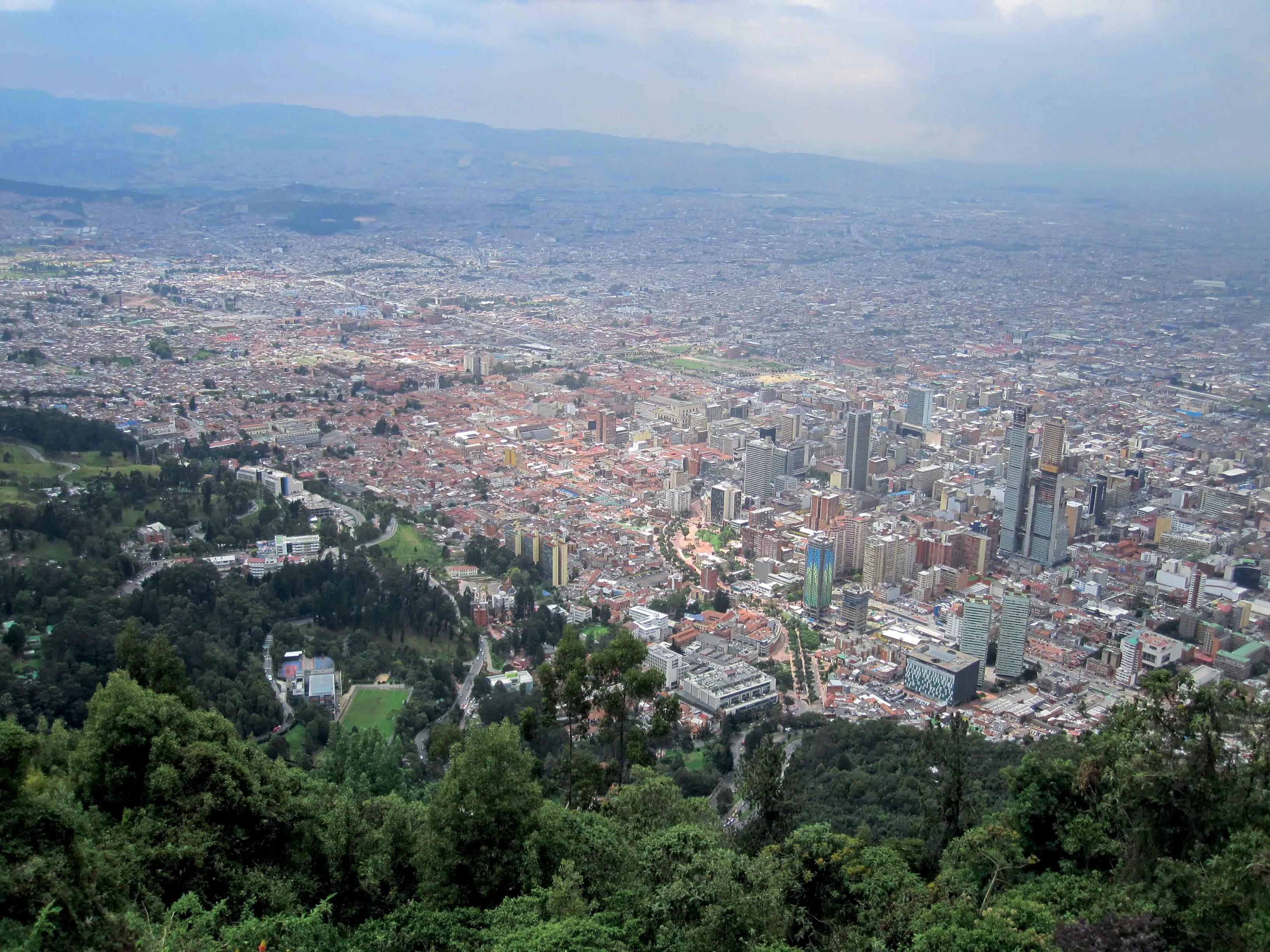DEVISAB recently awarded a major contract to modernise the control centre and renew three toll plazas on a highway linking the municipality of Chia with Girardot and Soacha, west of capital Bogota
Indra already has a strong position in the Colombian infrastructure and transport industry. The firm operates flagship projects such as the Bogota-Villavicencio divided highway and the Medellin urban mobility system
The contract is to renovate the technology used at three toll plazas and a control centre fo
June 20, 2016
Read time: 2 mins

DEVISAB recently awarded a major contract to modernise the control centre and renew three toll plazas on a highway linking the municipality of Chia with Girardot and Soacha, west of capital Bogota
5264 Indra already has a strong position in the Colombian infrastructure and transport industry. The firm operates flagship projects such as the Bogota-Villavicencio divided highway and the Medellin urban mobility system
The contract is to renovate the technology used at three toll plazas and a control centre for the road linking the municipalities of Chia, Mosquera, Girardot and Soacha. The deal is worth around US$2.4 million and the work is due for completion in the second quarter of 2016.
Under the terms of the deal, Indra will deploy toll and electronic toll systems on 21 collection lanes at the toll plazas of Tebaida, Mondoñedo and the Soacha municipality access lane. These will be used along a 159km stretch of the highway that runs north to south through the Department of Cundinamarca, west of Colombia’s capital Bogota.
The installation will utilise innovative electronic tolling technology developed by Indra. The firm says that this will allow the concessionaire to manage finances, users, accounts, payment methods and also provide report generation. Indra will is also deploying CCTV surveillance technology for the toll plazas, as well as a sophisticated license plate recognition package, signalling platforms and other systems.
The project consolidates Indra's position as technology partner to the Colombian infrastructure sector, where it has deployed its smart technology for traffic management and public transportation in Medellin. It is also equipping 18 tunnels on the Bogota-Villavicencio divided highway with traffic management and tunnel control systems, while there are other projects also underway. Indra's toll technology is already used in Colombia on the Devinorte and Los Llanos highways, the Odinsa toll concession for INVIAS and the Autopistas del Café.
The contract is to renovate the technology used at three toll plazas and a control centre for the road linking the municipalities of Chia, Mosquera, Girardot and Soacha. The deal is worth around US$2.4 million and the work is due for completion in the second quarter of 2016.
Under the terms of the deal, Indra will deploy toll and electronic toll systems on 21 collection lanes at the toll plazas of Tebaida, Mondoñedo and the Soacha municipality access lane. These will be used along a 159km stretch of the highway that runs north to south through the Department of Cundinamarca, west of Colombia’s capital Bogota.
The installation will utilise innovative electronic tolling technology developed by Indra. The firm says that this will allow the concessionaire to manage finances, users, accounts, payment methods and also provide report generation. Indra will is also deploying CCTV surveillance technology for the toll plazas, as well as a sophisticated license plate recognition package, signalling platforms and other systems.
The project consolidates Indra's position as technology partner to the Colombian infrastructure sector, where it has deployed its smart technology for traffic management and public transportation in Medellin. It is also equipping 18 tunnels on the Bogota-Villavicencio divided highway with traffic management and tunnel control systems, while there are other projects also underway. Indra's toll technology is already used in Colombia on the Devinorte and Los Llanos highways, the Odinsa toll concession for INVIAS and the Autopistas del Café.







